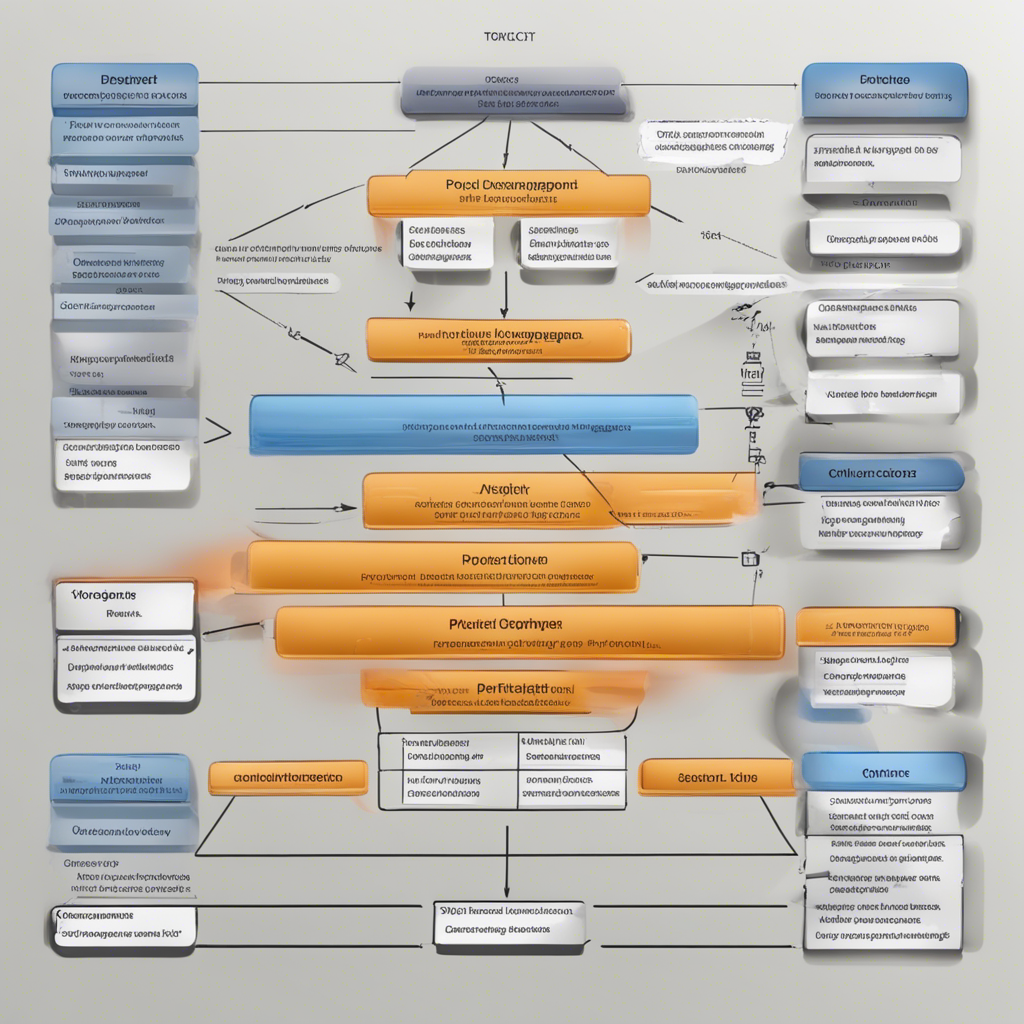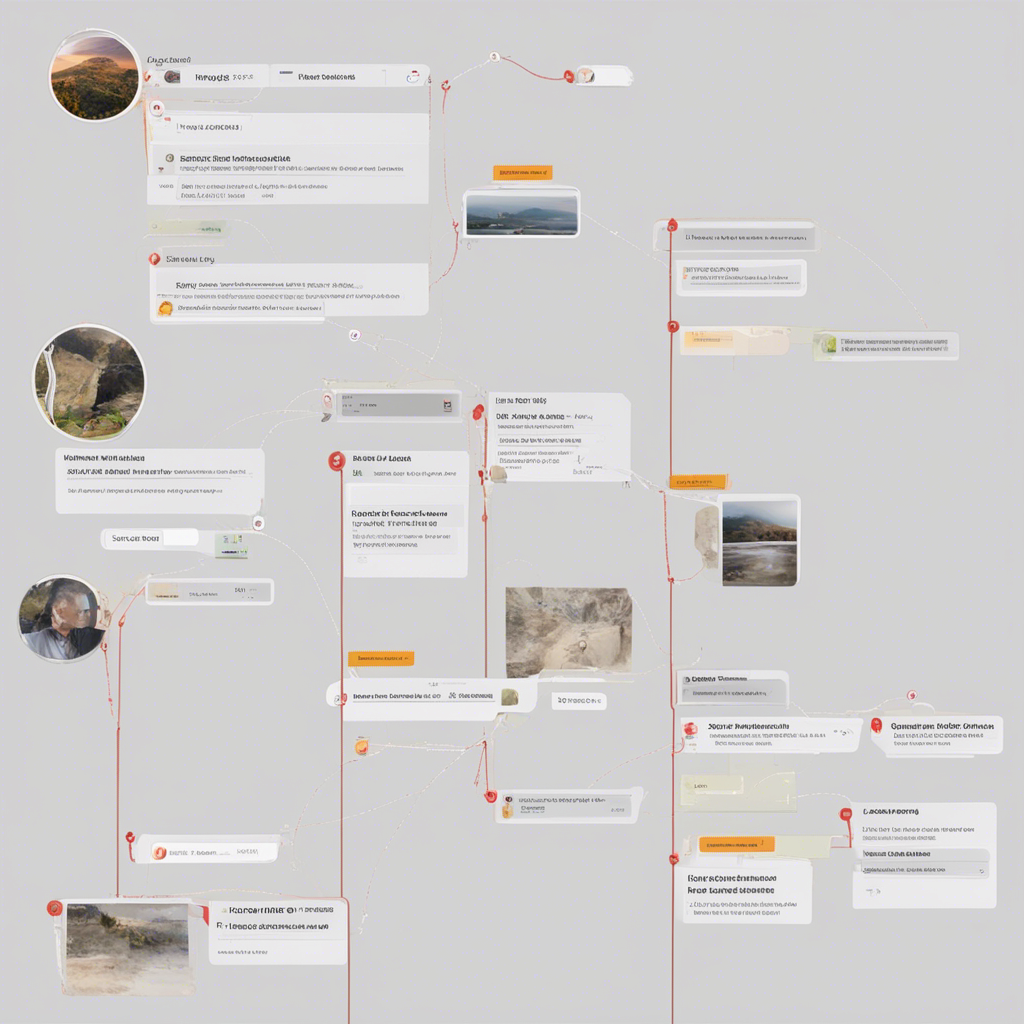
10 Tools Every Product Manager Should Know
As a product manager, you play a critical role in the success of your company’s products. Your ability to efficiently manage projects, collaborate with teams, and make data-driven decisions can greatly impact the outcome of your product launch. Thankfully, there are numerous tools available to help you streamline your workflow and enhance your productivity. In this blog post, we will explore 10 essential tools that every product manager should know.
1. Product Management Platforms
Product management platforms provide a centralized hub for managing your entire product development lifecycle. They allow you to track tasks, prioritize features, collaborate with cross-functional teams, and manage timelines and deadlines. Some popular options include Jira, Trello, and Asana. These tools enable you to keep everyone on the same page and ensure your product development process remains organized and efficient.
2. Customer Feedback and User Research Tools
Understanding your customers and their needs is crucial for successful product management. Tools like UserTesting and SurveyMonkey allow you to gather valuable user feedback and conduct user research studies. These tools enable you to gain insights into your target audience’s preferences, pain points, and suggestions, helping you make informed product decisions based on real-user data.
3. Analytics and Reporting Tools
Data-driven decision-making is key for product managers. Tools such as Google Analytics and Mixpanel help you analyze user behavior, track key performance indicators (KPIs), and measure the success of your product features. These tools provide granular insights into user engagement, conversion rates, and other metrics, allowing you to make data-backed decisions that align with your product goals.
4. Wireframing and Prototyping Tools
Wireframing and prototyping tools are essential for visually representing your product ideas and gathering user feedback early in the design process. Tools like Balsamiq and InVision facilitate the creation of low-fidelity wireframes and interactive prototypes. By visualizing your product concepts and sharing them with stakeholders and users, you can ensure that everyone has a clear understanding of the product’s functionalities and user experience.
5. Roadmap Tools
Creating and sharing visual roadmaps helps align stakeholders and communicate the product vision. Roadmap tools such as Productboard and Roadmunk allow you to create strategic plans, prioritize initiatives, and visualize your product roadmap. These tools enable you to articulate your product strategy, highlight milestones, and set realistic expectations with your team, executives, and customers.
6. Task and Project Management Tools
Efficient project management is crucial for product managers to ensure timely delivery and successful product launches. Tools like Monday.com and Wrike help you plan and track tasks, assign responsibilities, and manage deadlines. These tools facilitate collaboration, provide visibility into project progress, and enable effective resource allocation, ensuring everyone stays on track and productive.
7. Collaboration and Communication Tools
Seamless collaboration and communication are vital for geographically dispersed teams. Tools like Slack, Microsoft Teams, and Google Workspace enable real-time communication, file sharing, and project collaboration. These tools improve team efficiency, foster cross-functional collaboration, and keep everyone connected regardless of their location or time zone.
8. A/B Testing Tools
A/B testing is an effective method for optimizing your product’s user experience. Tools such as Optimizely and Google Optimize allow you to create and test different variations of your product features, designs, or copywriting. By conducting A/B tests, you can gather quantitative data on what resonates best with your users and make informed decisions to improve your product’s conversion rates and overall performance.
9. Customer Relationship Management (CRM) Tools
Maintaining strong relationships with your customers is essential for product success. CRM tools like Salesforce and HubSpot help you manage customer interactions, track sales opportunities, and analyze customer data. These tools allow you to organize and analyze customer feedback, identify trends, and make informed decisions that meet your customers’ needs and preferences.
10. Cloud Storage and Collaboration Tools
Storing and sharing project-related documents securely is crucial for effective product management. Tools like Google Drive, Dropbox, and Box provide cloud storage solutions, enabling you to collaborate on documents, share files, and maintain version control. These tools streamline document management, ensure data accessibility, and facilitate seamless collaboration within your team and with external stakeholders.
In conclusion, these 10 tools encompass a comprehensive toolkit for every product manager. Leveraging these tools can greatly enhance your productivity, collaboration, and decision-making abilities. As a product manager, it is vital to stay up-to-date with the evolving landscape of tech tools to ensure you are equipped with the best resources to drive success for your products.
Other resources you might find useful:






